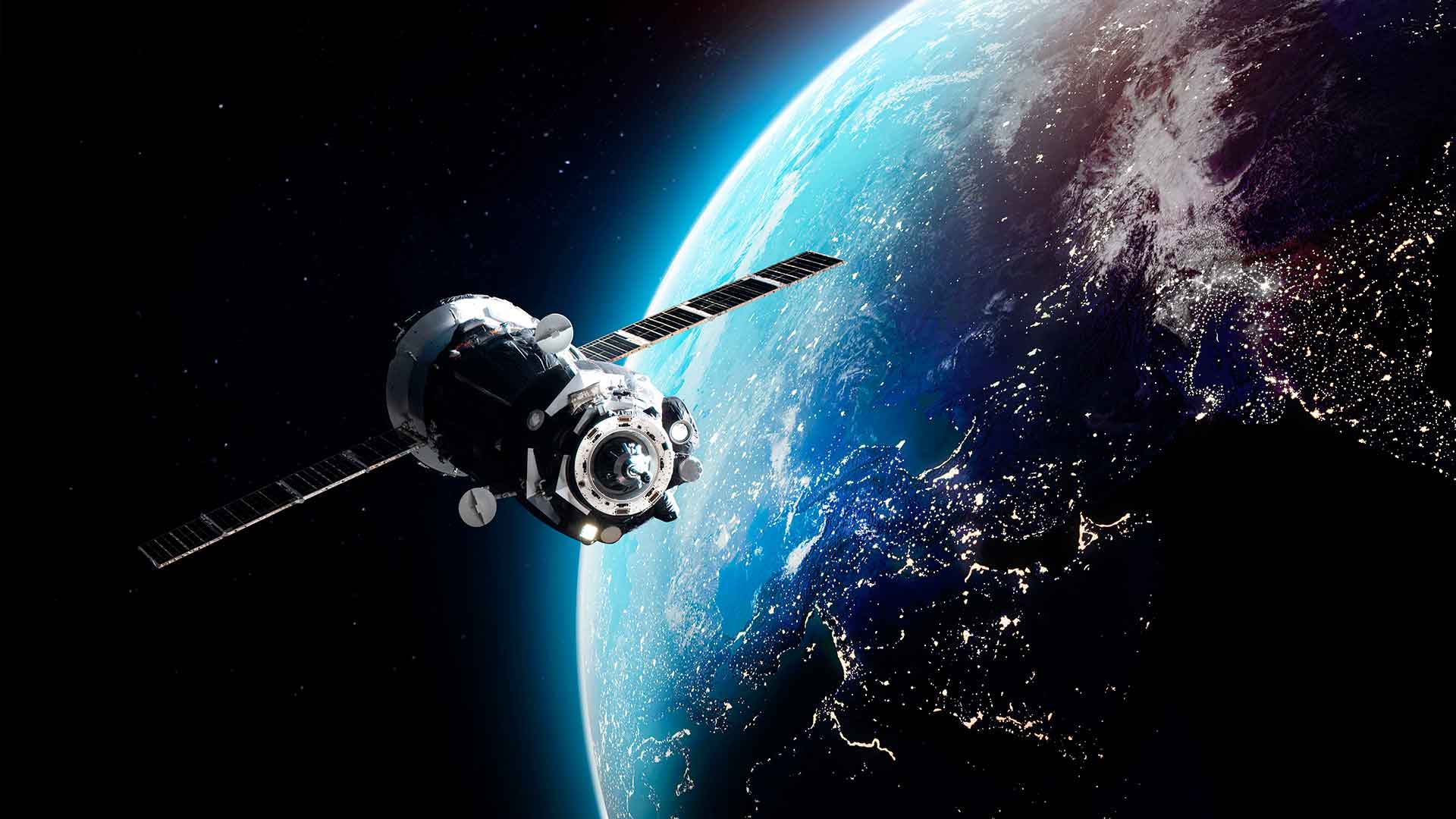- Sectors
- Aerospace & Defense
- Big science
- Fintech
- Insights

Since Spain reached the technological level of the major European countries with the launch of our first satellite of national origin, Instasat, in 1974, the space sector in our country has not stopped growing. In recent years, we have consolidated our position as a reference and guarantee partner for main space programs, such as Galileo, the International Space Station or the Earth Observation satellites, and we have positioned ourselves as one of the main productive engines on which the Government can rely for the economic recovery after the pandemic.
According to data from the last available fiscal year in 2021 from the Spanish Association of Defense, Aeronautical Security and Space Technology Companies (TEDAE), the companies in this sector have a turnover of 11,594 million euros, export 47% of their products and services and contribute 1.4% to Spain’s Gross Domestic Product. In addition, they devote 10% of their turnover to R&D&I.
The Spanish space industry has world-class satellite operators. Our technologies and companies are very present in EU-METSAT (European Organization for the Exploitation of Meteorological Satellites) and other international missions, as well as in commercial markets where the Spanish industry is particularly active.
Specifically, the European Space Agency programs, the main driving force of the sector, where Spanish companies play increasingly responsible roles in missions and programs, are essential. Currently, the Small Satellite Constellations Program, the National Satellite Earth Observation Program, the PILUM Program, the Spanish Virtual Observatory, BOOTES, and the Space Surveillance and Tracking Program, stand out.
The space sector provides essential services for our society in the communications field, Earth observation, navigation, security, the fight against climate change, and monitoring phenomena such as drought or fires.
We are currently the fifth European country in terms of turnover and the number of people employed in the space sector, with a growth of 80.2% in the last decade. The Space sector employs more than 4,950 people directly and 12,800 indirectly. The space industry demands highly qualified personnel, with a percentage of university graduates close to 70% of its workforce, and offers quality employment, since a much higher proportion than in other sectors, space companies consolidate as long-term permanent jobs the contracts that exceed the probationary periods.
The Spanish aerospace sector represents 1.5% of the Spanish GDP and 6.8% of the industrial GDP. The main aspects that make the sector indispensable and that have favored this significant growth are:
The challenges of our space industry
In Spain, we have industries that have grown a lot in the value chain to become satellite integrators. Likewise, we have supplier companies that are European leaders in reference to thermal subsystems, structures, communications, guidance, navigation and control, mechanisms, and instruments.
In fact, NASA highlights our country as a good ally in space programs and robotics. However, one of the greatest challenges we face is to be able to mass-produce. Massive constellations of satellites will be launched into space in the coming years, but their life is not unlimited. On average, satellites are repaired every four years, so we must be able to manufacture them on a recurring basis, a unique opportunity to continue generating wealth and jobs.
At ARQUIMEA, we have been passionately working on space technologies since our origins, and we are proud to have contributed to the growth of Spain as an aerospace power.
With more than 17 years of experience, we have collaborated with the principal space agencies, such as NASA and ESA, leading traditional and New Space companies, international consortiums, universities, and research centers.
Since our beginnings almost two decades ago, we are specialized in designing and manufacturing space-qualified actuators and mechanisms for all types of satellites, from large telecommunication or earth observation satellites to micro and nanosatellites for new space companies. Our experience, agility, and flexibility allow us to adapt quickly and offer the right technology in the required time and form for all sorts of missions.